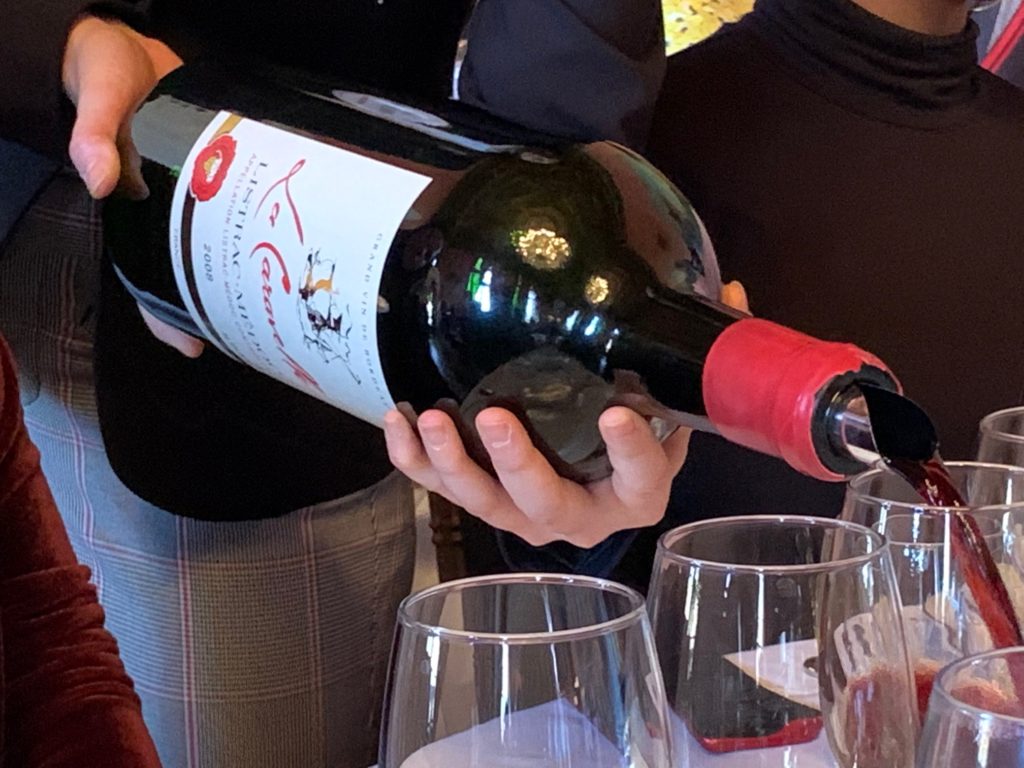
Earlier this month, and timed with Women’s History Month, the Bordeaux Wine Council organized a week-long event dubbed Strong Women Make Big Bordeaux Bottles. The event celebrated Bordeaux women winemakers and their lauded wine region by featuring specialty 3-liter bottles of Bordeaux wines. Over 65 New York City venues participated with limited selection of Bordeaux wines-by-the-glass poured from rare, double magnum bottles.
Meet the Women Winemakers of Bordeaux
The participating women winemakers from Bordeaux represent the rich diversity of their region and presented a selection of wines from renowned reds to dry and sweet whites. Their wines capture the artistry and depth of various Bordeaux appellations from many different perspectives, including family-owned châteaux and relative newcomers.
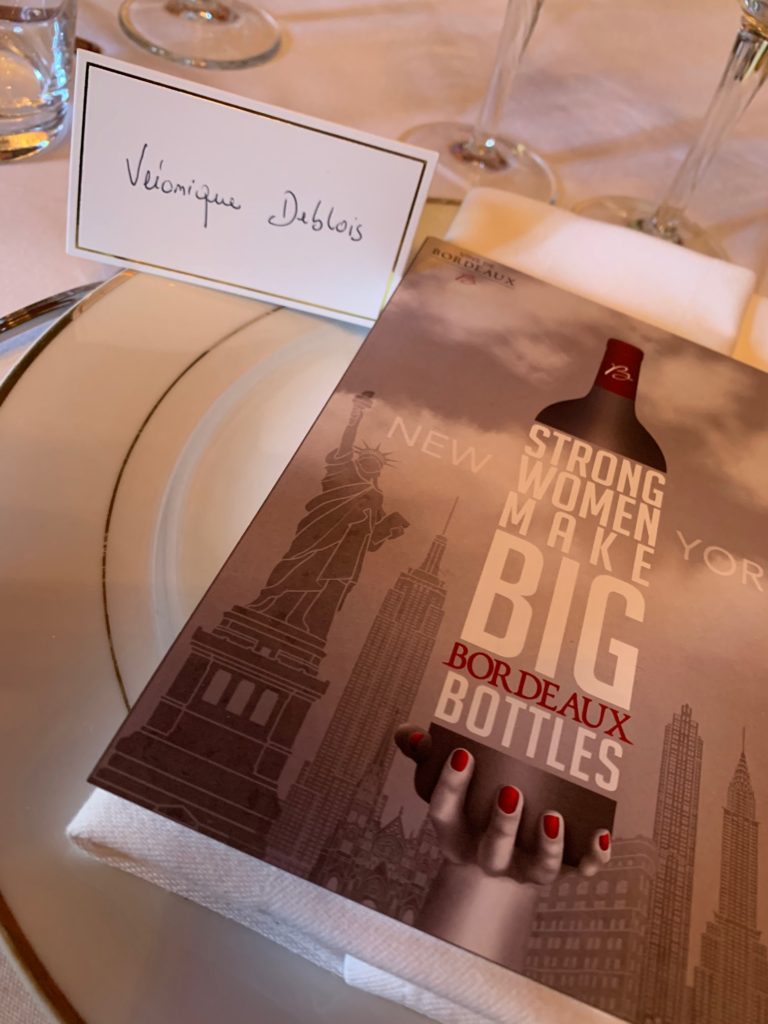
Strong Women, Big Bordeaux Brunch
I was graciously-invited to the Strong Women, Big Bordeaux brunch on March 7th which was hosted at the French Consulate. The 60+ women gathering featured four of the Bordeaux women winemakers.
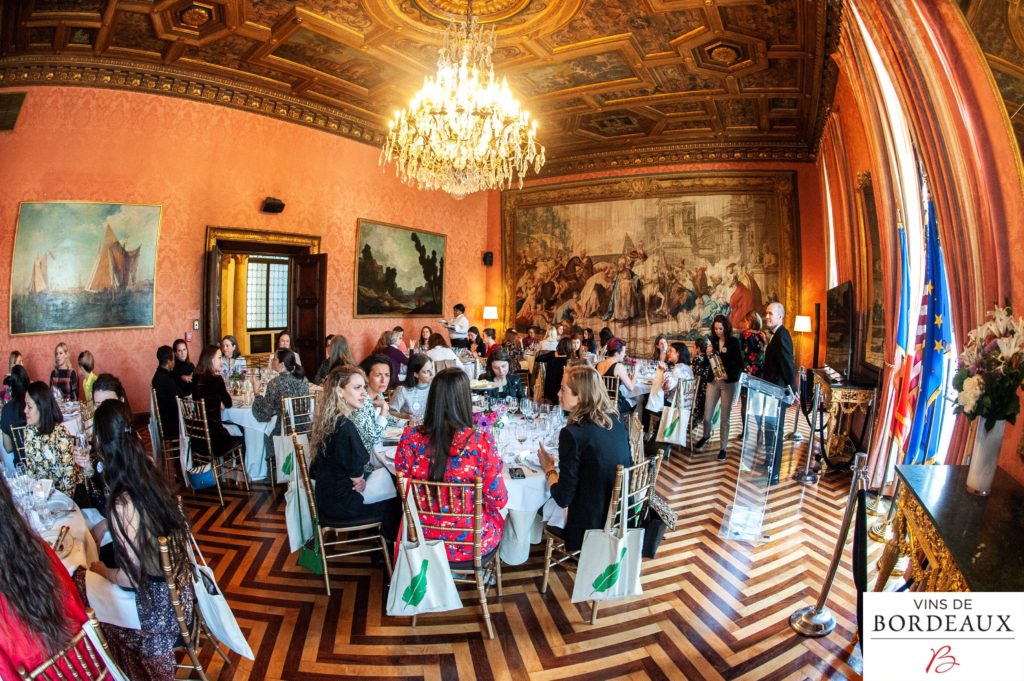
The space where the brunch was held was magical. Upon our arrival, we were greeted in a foyer to four wines:
- Les Hauts de Lagarde Bordeaux Rosé 2019 – medium-bodied dry rose that was perfect to set the tone for the lovely event
- Felix de Biac, Cadillac Cotes de Bordeaux Red 2015 – easy drinking, would be great for a summer cookout
- Château Dubard Bel Air Puisseguin Saint Emilion Red 2016 – lovely dark fruit flavors with a bit of pumpkin pie spice on the finish
- Château Moulin de la Roquille Cuvee L’Esperance Francs Cotes de Bordeaux Red 2015 – plum/berry flavors with nice acidity and great roundness
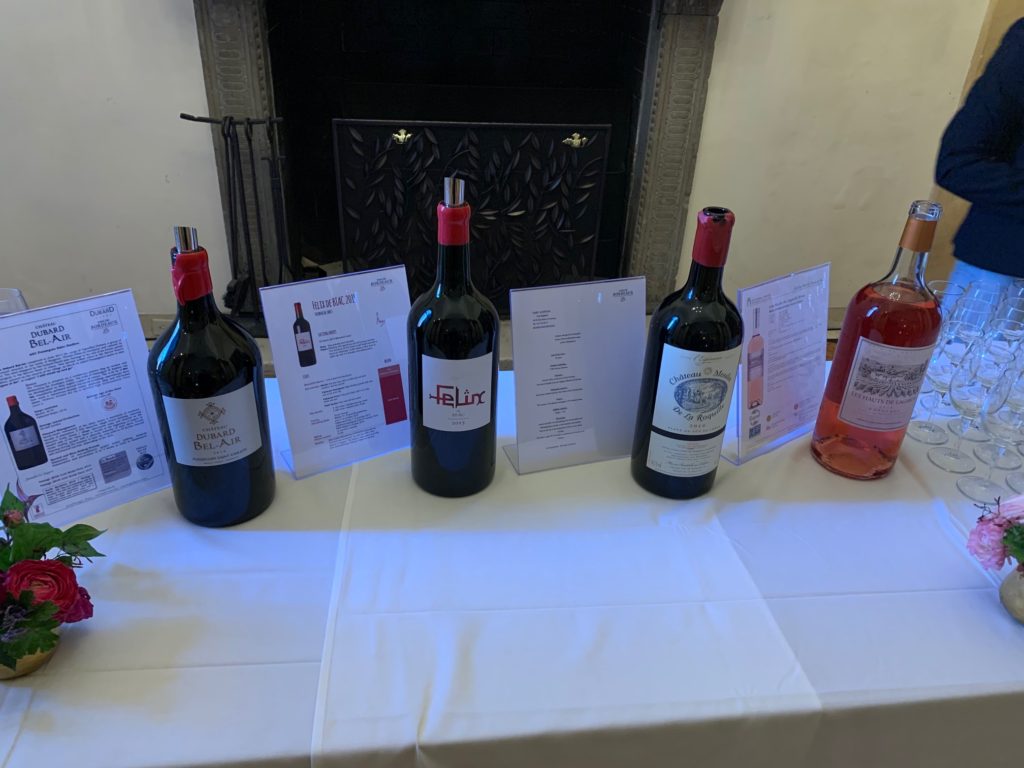
Next came the brunch in a glorious room with rounds of eight. I speak fluent French, so it was great to be able to follow the conversation and interact with my tablemates in a grander fashion. Lovely food came on a multitude of platters ranging from ham and cheese on perfect croissants to cheese boards to various hors d’oeuvres. The food during brunch was paired with these wines:
- Château de Cerons Graves Dry White 2017 – ripe peach/juicy citrus flavors with great acidity and freshness
- La Caravelle Listrac-Medoc Red 2008 – great mouthful of blackberry and dark cherry with a bit of spice on the finish
- Les Cedres D’Hosten Listrac-Medoc Red 2012 – medium-bodied with dark fruit and freshness
- Château Thieuley Bordeaux Red 2015 – sweet black fruit and a wine screaming for food
Chocolates, dessert verrines and Ladurée macarons completed the fabulous event.
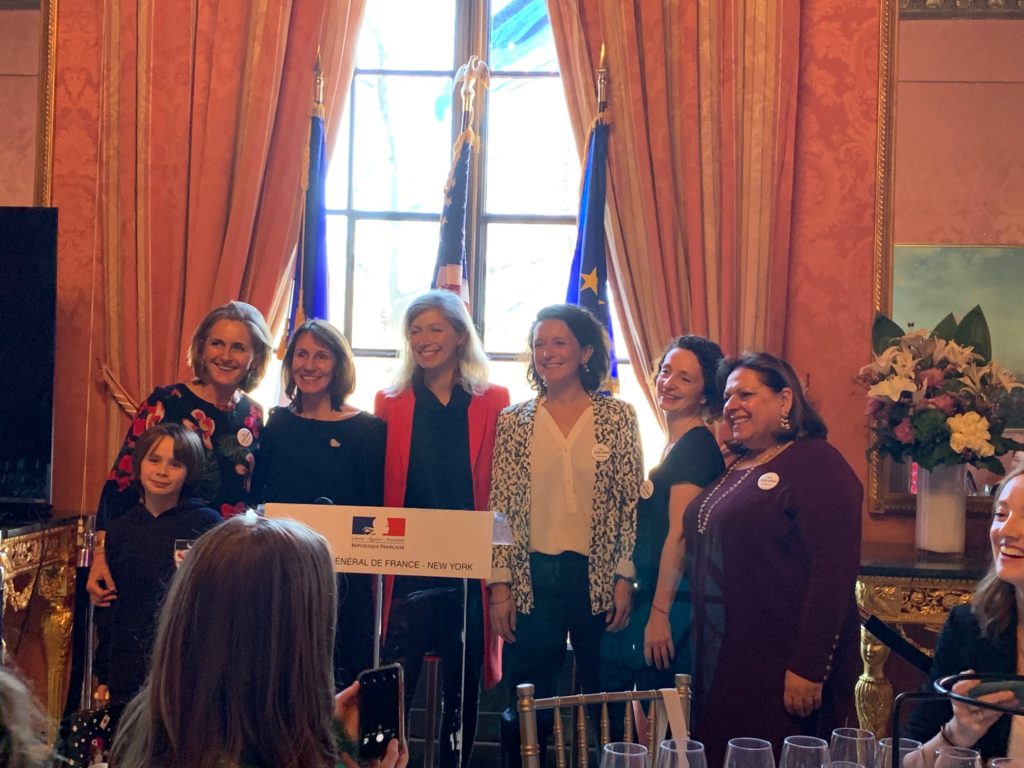
The four winemakers we had the opportunity to interact with through the brunch were:
Sylvie Courselle, Winemaker/Co-Owner Château Thieuley
Sylvie Courselle and her sister Marie were born at Thieuley and learned winemaking from their father by participating in every activity from vineyard to cellar and tasting. The sisters share ownership of Château Thieuley. They actively participate in Bordeaux Oxygène, an association of 18 winemakers (equally split along gender lines) who promote family-owned vineyards. Château Thieuley makes juicy, approachable and affordable wines, “made to enjoy,” especially with good cooking, another favorite pursuit. The Courselle family comes together on weekends to cook and enjoy local produce, including oysters harvestednearby from the Atlantic Ocean. Committed to sustainability, the Courselle sisters are working to preserve the natural environment “to pass something beautiful on to future generations.
Rita Jammet, Owner and Marketing/Distribution Manager La Caravelle
A former co-owner of La Caravelle restaurant in New York, Rita Jammet and her husband André started their namesake line of fine wines working directly with France’s premier vineyard owners. Jammet came to the wine industry via the restaurant and hospitality world, and learned to taste like a sommelier, with an appreciation for different styles and food pairing. The art of creating proprietary wines is a longstanding family tradition; Jammet’s father-in-law, Hippolyte, founded the Bristol Hotel in Paris and worked with his godmother, Mrs. Woltner (owner of La Mission Haut-Brion) to produce specialty bottles for Le Bristol. Jammet feels privileged to work on the artisanal side of wine, “making the best of what mother nature delivers,” while sharing this beauty in the hospitality world. She believes that women have wonderful palates, and bring intuition and a natural nurturing ability to wine, in addition to problem-solving and management acumen. All highly valuable traits to confront the challenges of climate change as well as the opportunity she sees in Bordeaux “to be sustainable and respectful of the environment, thus producing better and better wines.” As a long-time New Yorker she has many favorite places to enjoy a glass of La Caravelle Listrac, including Jean-Georges, Daniel, L’Atelier de Joel Robuchon, Bar Boulud and Aldo Sohm Wine Bar, to name a few. She looks forward to presenting large formats, which showcase Bordeaux’s innate capability foraging, allowing the characteristics to meld and mellow, becoming even more food-friendly, which for this former restaurant owner is the most important element.
Caroline Perromat, Owner Château de Cérons
Caroline Perromat is the owner of Château de Cérons, a role she shares with her husband, Xavier at their family estate. Prior, she worked with Château Haut-Bailly for 15 years in her first introduction to the wine trade. Perromat loves the comradery of wine and its “capital network,” which “extends worldwide to build bridges between wine, architecture, art, gastronomy, art de vivre, tradition and innovation.” One of her proudest moments was the first harvest in Cérons in 2012 as a new owner; it took great confidence, and while stressful, she believes in looking forward. In her opinion, the terroir of Bordeaux, the profile of the wines and the architecture of the châteaux are jewels to be preserved. She shares that “Bordeaux is in good hands” with the talent of the next generation and observes that women bring balance to the system. Perromat is always open to meeting new people and looks forward to presenting large format bottles in New York as an illustration of the quality, long aging potential, generosity and confidence of her region.
Sophie Solnicki-Thierry, Deputy General Manager Château Fourcas Hosten
Sophie Solnicki-Thierry was always drawn to the wine industry. As a business student she completed several internships in wine and gained valuable experience with multi-national Sara Lee before joining a Bordeaux négociant and later, Château Fourcas Hosten. Solnicki-Thierry’s mother was an American, born in New Jersey, and met her future husband while studying in Paris. An affinity for other cultures shaped her daughter’s nature; she loves sharing wine and exceeding expectations with a global community. She finds that women are particularly focused on making consumers feel comfortable and secure, and bring a precision, organization and attention to details at every level, including the care, patience and tenacity required for today’s more responsible viticulture. A member of regional networks like the Union des Grands Crus de Bordeaux and Great Wine Capitals (Best of Wine Tourism), Solnicki-Thierry believes in working in harmony under the “Bordeaux flag.” Bordeaux is in a dynamic state as it confronts a sustainable future as well as consumer preferences; while the wines have amazing potential to cellar, she sees many bottlings focused on fruity, fresh styles that don’t require decades to enjoy. She looks forward to sharing large bottle formats in New York, noting that they are ideal for celebration and wonderful for aging and freshness
Note that all the wines we tasted are available for purchase in the USA and very affordably-priced (in a 750 ml format). Learn more: www.bordeaux.com
About Bordeaux Wine Council (C.I.V.B.)
Bordeaux Wine Council (C.I.V.B.)was created by the French Law dated August 18, 1948. Itunites representatives from the three families in the Bordeaux wine industry: winegrowers,merchants and traders.The CIVB’s 4 missions:
- Marketing mission:position Bordeaux wines as the brand of reference, create a strongbond between consumers and the Bordeaux brand, recruit new, younger consumers and ensure their loyalty.
- Technical mission: build knowledge, protect the quality of Bordeaux wines and anticipate new requirements related to environmental and food safety regulations.
- Economic mission: provide intelligence on production, the market, the environment andsale of Bordeaux wines around the world.
- The industry’s general interests: protect the terroirs, fight counterfeiting, develop wine tourism.




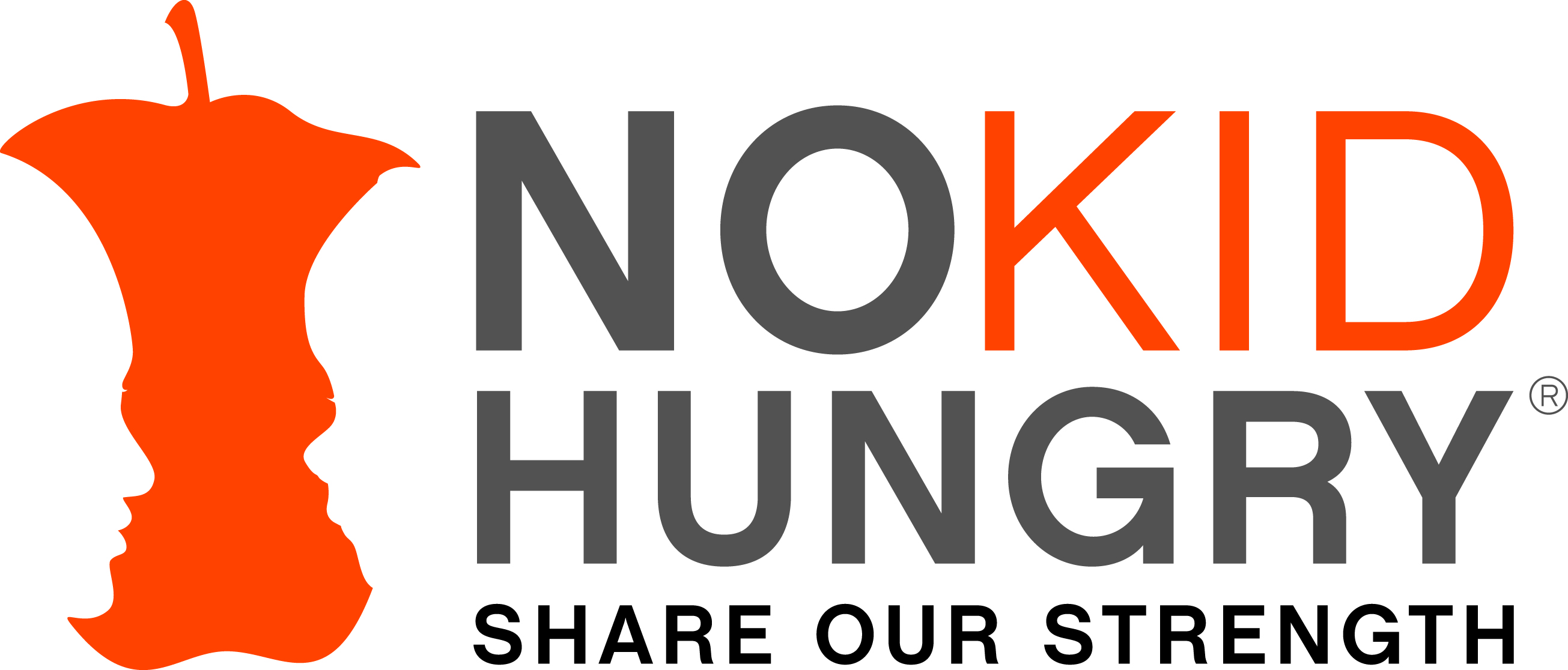

Recent Comments